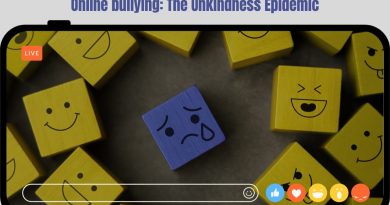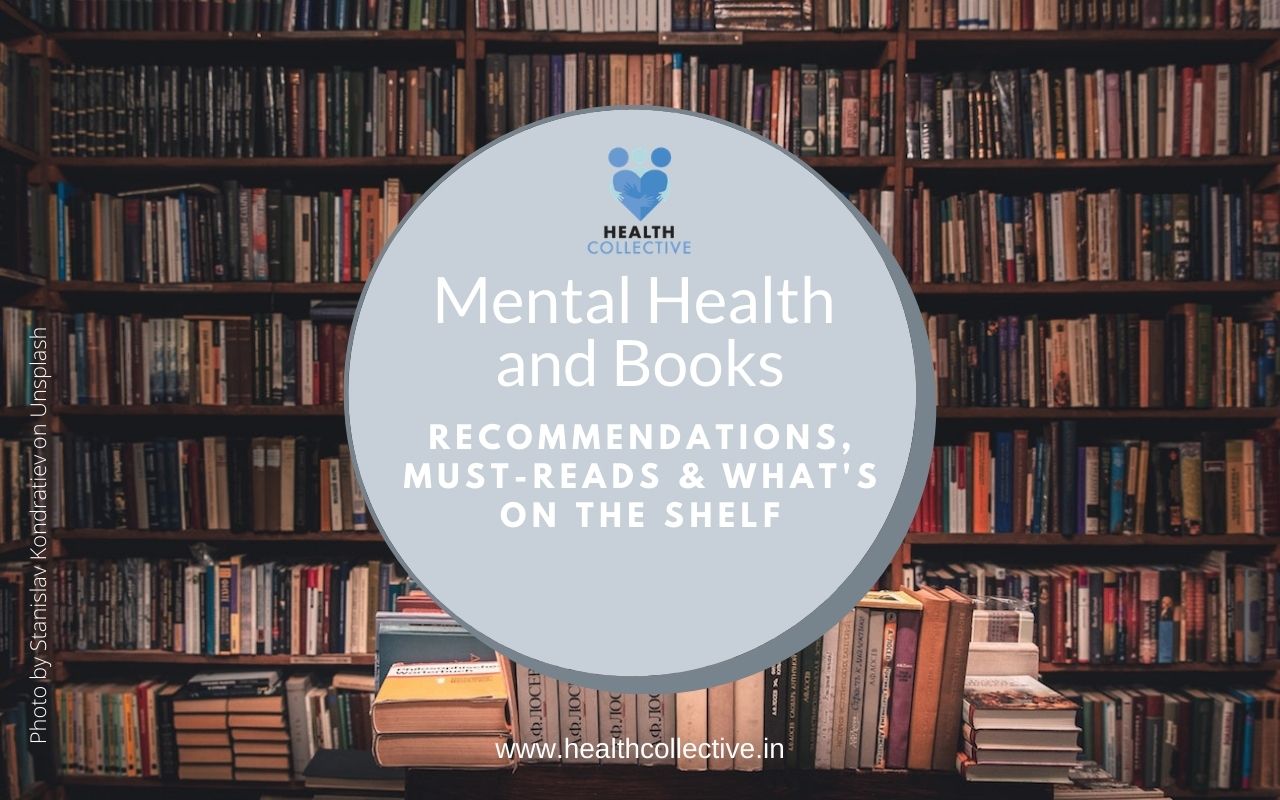Relationship Stress and More: What’s Troubling our Kids
By Dr. Samir Parikh
I have been working with children across the country for almost two decades now. As a part of the Fortis School Mental Health Program, our team works at various levels, from close interactions with students, teachers, to parents. In this process, there is an evident disconnect between the adults’ perception of the problems faced by children and adolescents, as compared to what children and adolescents themselves talk to us about! Therefore, it is extremely important for us to try and see the concerns from their own points of view.
ALSO READ: ASK THE TEENS: THE INSTA GENERATION
Some of the most common reasons that children and adolescents tend to come and talk to us include the following:
- I am struggling in my relationship: Often, we as adults may not feel that relationships are a preoccupying factor amongst children and adolescents. However, on the contrary, the youth do indeed tend to have a lot of issues about relationships, which could primarily be attributed to the fact that not too many people are inclined to talk to them about these concerns. As a result, most of their knowledge about dealing with relationships tends to be learnt either through portrayals of relationships in films or books, from peers, or from exposure to the social media. Such relationship concerns could range from feeling attracted, not knowing how to deal with the feeling of attraction, facing various ups and downs within a relationship, coping with breakups or rejections and their impact on their own life, etc.
- How do I deal with parental pressure? Often, parents may not realise that their children are feeling this pressure, but children and adolescents themselves do talk to us about their struggles with their parents. This could be about too many do’s and don’ts or restrictions being put down by the parents, an excessive preoccupation with marks and academic performance, a pressure to participate in a particular activity or sport, or sometimes just not being available when the child may want to talk or an adolescent feeling hesitant to speak freely with the parents. In fact, feeling misunderstood, or feeling that “No one understands me” is one of the most common statements to be heard being expressed by children as well as adolescents as they grapple with the developmental changes associated with this phase of development.
- What’s the best way to deal with exams? Yes, exam season has often been associated with stress, which is typically the result of a combination of factors. Some of these could be managing studies, dealing with pressures and expectations of both self as well as others, excessive importance being attached to the overall marks or results, and so on. More often than not, students complain about not being able to strike a balance, being unable to find time to enjoy themselves, being sandwiched between not just schooling and self-study, but also with additional extra classes, coaching, etc. The time table typically gets restricted to the paper it’s made on, and more than often, never implemented! In fact, some of the pressure associated with exams can be alleviated simply by equipping the students with tips and strategies for effective and smarter studying.
- Too much peer pressure: Peers tend to be one of the most important aspects of an adolescent’s life, as they seek friendship and companionship, and also tend to rely on, seeking their approval. Adolescence is typically marked by conflict, as they are drawn towards conformity but at the same time, they want to find their own identity. As a result, some of the common concerns being voiced with regards to dealing with peer pressure include being pushed to do something they do not want to do, experiences of bullying, dealing with groupism, etc. Since a peer group is definitely one of the most significant source of influence in an adolescent’s life, ensuring that such influences are managed effectively is essential.
- Struggle to manage time: It is extremely common for students to be caught in almost a rut, attempting to juggle time between not just between studies and play, but also struggling to take out extra time for self! In fact, students today tend to remain cooped up indoors spending their free time with technology, and have hardly any number of hours being spent outdoors in physical activity. It is extremely common to hear them complain that they are actually left with no time on their hands, and are able to do nothing else at all.
- I feel under-confident: Most adults tend to believe that adolescents are over-confident; however, we have observed a lot of children as well as adolescents reach out to us because they feel under-confident and anxious, which could stem from a variety of factors. Sometimes, the anxiety could be related to a specific challenge — like answering questions in an interview or a viva, or performing on a stage, or some such social situation. It could also be associated with how they feel about themselves, in terms of body image, academic performance, sports, or any other activity. In fact, such levels of self-esteem and confidence could also lead to them to question their own self, their abilities and self-worth, and associating the same with the feedback, especially critical comments, received from peers, parents, teachers and others around them, or from social media platforms as a means of assessing popularity in the virtual world.
- I don’t feel good: Last, but not the least, one of the most distressing concerns in my opinion is hearing a young child or adolescent reporting that he or she doesn’t feel very good, which makes me wonder about the kind of system which is in place which has been created by us that a child or an adolescent is not feeling happy, whereas these are supposed to be some of the happiest years of their lives. And yet, it is becoming a reality that because of a variety of factors, it is common to hear the youth experiencing such phases when they don’t feel good. They feel misunderstood by one and all, are unable to come to terms with their own self-concept.
As a conclusion, I believe that the first steps to improving the mental health and psychological well-being of the young minds needs to begin with us being able to understand their concerns from their own points of view, and subsequently being able to identify what can be done to bring about any change for their future.
We need to encourage the youth to be able to explore and learn through their own experiences to enhance their interpersonal skills, and to practice their skills for assertiveness, communication, negotiation, conflict management, as well as relationship management. In fact, an essential component associated with such interpersonal effectiveness in centered around building an emotional strength and resilience. With such a skill set imbibed in them, students shall not only be empowered by their knowledge and competence, but shall also be equipped with necessary skills for emotional regulation and adaptive coping mechanisms to deal with the world effectively.
Disclaimer: Views expressed are personal. Material on The Health Collective cannot substitute for expert advice from a trained professional.





Pingback: Your Stories: Battling Stigma, Expectations and other Burdens as a Young Adult with Depression
Pingback: We Need to Talk: On Mental Health, Self-Care and Preventing Suicide
Pingback: Anger and Us: Are You Over-Worked, Stressed and Lashing Out? – The Health Collective
relationship-stress-troubling-our-kids post is nice.